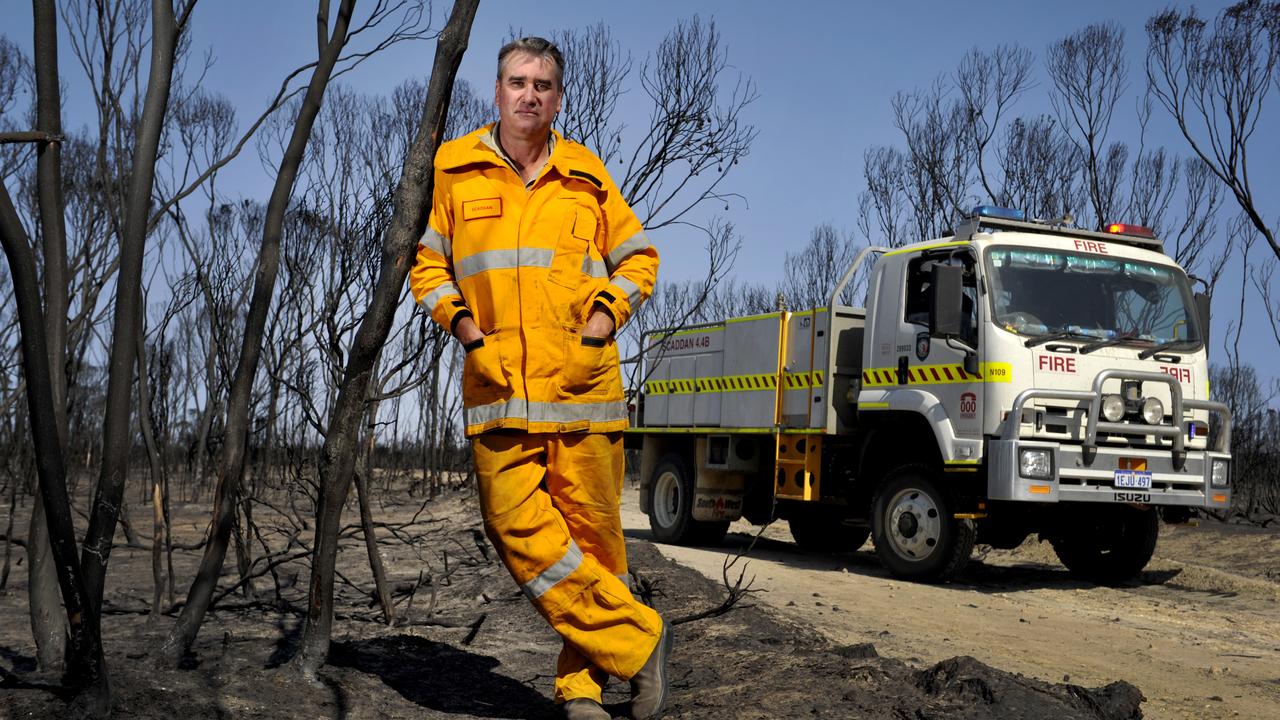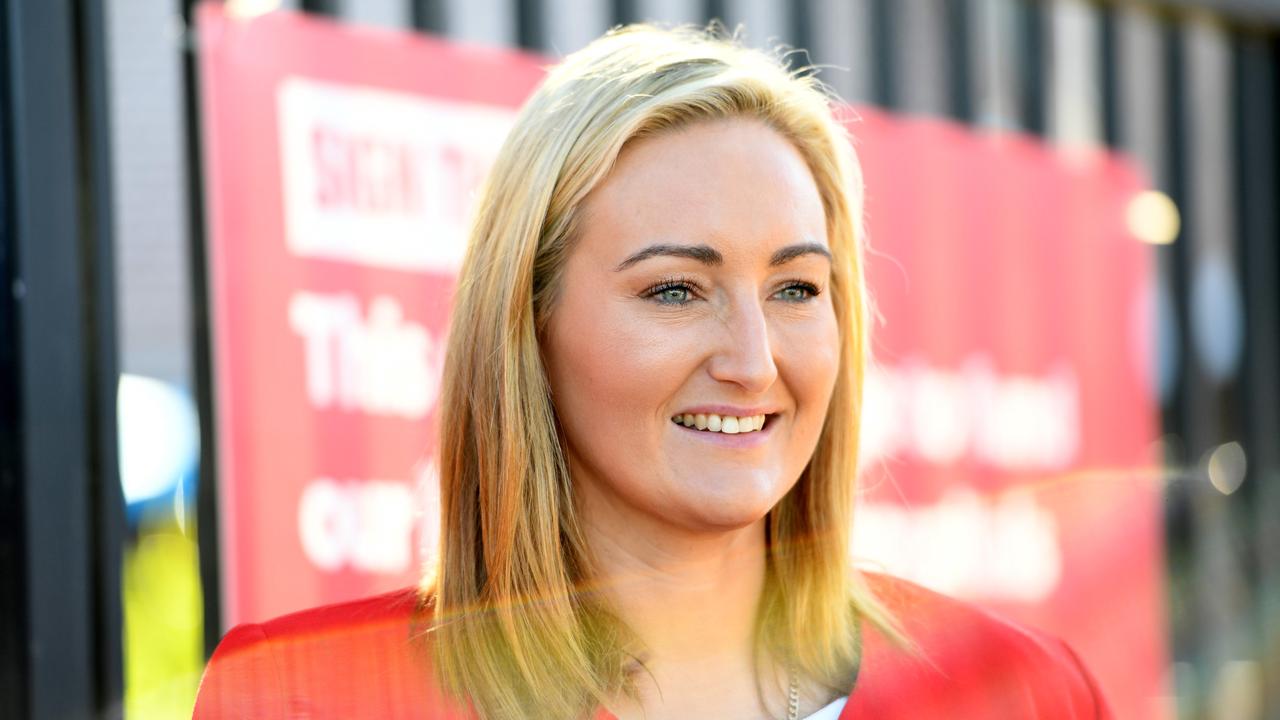Victorian election: Andrews leads surge in MPs’ staffing levels
Victoria’s Labor government has overseen the most extravagant rise in taxpayer-funded political staff, doubling in six years.

Victoria’s Labor government has overseen the most extravagant rise in taxpayer-funded political staff, with numbers swelling by more than 100 per cent in six years, as state and federal governments increasingly shun public servants in favour of highly paid advisers.
The total number of state and federal ministerial advisers — who typically earn between $130,000 and $250,000 a year — increased by 13 per cent to 1666 over the six years to 2018, or more than 30 per cent faster than the rate of population growth over the same period.
The analysis by The Australian and freelance legal writer Stephen Murray reveals the Victorian government employed 258 ministerial staff in May, a 105 per cent increase on the final year of the Baillieu Coalition government.
For the 64 advisers in Premier Daniel Andrews’ office, payroll costs in 2017 totalled $11.6 million, or $181,000 each on average, according to information obtained under Victorian freedom-of-information laws.
“We have seen a taxpayer-funded political class grow unremarked and unchecked, because it suits both sides of politics when they win government,” Mr Murray said.
The nationwide increase came despite a 29 per cent fall in ministerial staff in South Australia, to 76, following a purge by the incoming Liberal government of Stephen Marshall earlier this year.
“Having watched the figures over the years, most newly elected governments slash the numbers of staffers on being elected, and then allow the numbers to gradually build again,” said Mr Murray, who has tracked the numbers of staff and ministers across jurisdictions since 2011.

Former SA premier Jay Weatherill had more than 43 staff in 2017, according to the government gazette, including 17 media advisers earning between $115,000 and $157,000 a year.
The figures emerged as inaugural Productivity Commission chairman Gary Banks slammed the steady decline in the quality of government decision-making, citing policy development failures such as the NBN, Snowy 2.0, abolishing 457 visas, and the Victorian government’s new “Footy Friday public holiday — because Victorians work hard”.
“On several occasions messaging from political leaders has actually been dismissive of the need for evidence or even logical argument,” Professor Banks said.
Prime Minister Scott Morrison had a team of 48 ministerial staff in October — down from 58 for Malcolm Turnbull — among 447 government staffers, excluding 95 opposition staffers.
Average pay of Mr Turnbull’s staff, including 15.4 per cent superannuation and cash car allowances, leapt to $233,000 in the 2017 financial year compared with $177,000 two years earlier — the last year of the Abbott government.
In a major speech on Tuesday night, Professor Banks urged the political class to “get off a policy treadmill that is clearly taking us nowhere”, singling out problems arising from a dominant political office alongside “less secure, more political” appointments to the public sector.
“It’s not an environment that promotes frank and fearless advice — regarded by many public servants these days as an anachronism or a joke,” he said. “It’s an operating environment that promotes risk aversion, second-guessing and partisanship.”
The NSW and Queensland premiers employed 30 and 34 ministerial staff, respectively, in June.
The government of Britain, a G7 nuclear power with 66 million people, managed with 88 ministerial staff in 2016.
“Enhanced scrutiny of ministerial staffers starts with gauging their numbers, but ideally, we should also be getting a better picture of what they do,” Mr Murray said.




To join the conversation, please log in. Don't have an account? Register
Join the conversation, you are commenting as Logout